Brazilian coffee is cherished by many for its rich flavors and distinct aromas. In this article, we’ll dive deep into what makes Brazilian coffee so appealing, providing tips on selecting beans and roasting methods that even beginners can enjoy. Stepping into the world of coffee opens up a realm of new tastes and experiences waiting to be discovered.
As one of the world’s leading coffee producers, understanding Brazil’s coffee history and its significance will draw you even deeper into its allure. We’ll also share insights on how to roast and brew coffee at home, giving you plenty of tips to enhance your coffee time. So, let’s embark on this journey into the world of Brazilian coffee together!
- The history of coffee production in Brazil and what makes it a powerhouse
- Recommended Brazilian coffee beans and their flavor profiles
- Home roasting techniques and brewing methods perfect for Brazilian coffee
A Beginner’s Guide to Brazilian Coffee
Brazilian coffee has captured the attention of coffee lovers around the world. With its rich soil, favorable climate conditions, and a long-standing history and culture, Brazil has established itself as a coffee powerhouse. In this section, we’ll delve into the history of coffee production in Brazil and explore why the country is known as a coffee giant. By deepening your understanding of Brazilian coffee, you’ll be able to appreciate its allure even more.
The History of Coffee Production in Brazil
Coffee production in Brazil began in the early 18th century. What started as a modest cultivation effort gradually expanded, and by the 19th century, coffee had become a major export commodity. During this period, demand for coffee surged, solidifying Brazil’s position as the world’s largest coffee producer. The country primarily cultivates Arabica beans, known for their rich and diverse flavors.
The history of Brazilian coffee production has been supported by advancements in agricultural techniques and the dedication of its growers. Today, sustainable farming practices and organic cultivation are gaining traction, promoting environmentally friendly production methods. This background has led Brazilian coffee to receive international acclaim.
- Coffee production in Brazil began in the early 18th century
- By the 19th century, Brazil established itself as the world’s largest coffee producer
- Sustainable farming and organic cultivation are on the rise
Why Brazil is a Coffee Giant
Brazil’s reputation as a coffee giant is attributed to several intertwined factors. First, the country’s vast landscapes and diverse climate conditions create an ideal environment for coffee cultivation. Particularly in higher elevation areas, coffee beans develop richer flavors, resulting in high-quality products.
Moreover, the coffee industry significantly impacts Brazil’s economy, prompting government support for the sector. This backing has fostered research and technological innovations aimed at improving coffee quality. With a deeply rooted coffee culture, Brazilians have embraced the enjoyment of coffee, leading to increased demand both domestically and internationally.

If you’re interested in this article, you might also enjoy “A Barista’s Guide to the Allure and Enjoyment of Coffee.” It offers an in-depth look at the cultural background of coffee and how to enjoy it, serving as a great resource to further appreciate the charm of Brazilian coffee.
- Vast landscapes and diverse climate conditions create optimal growing conditions
- Government support drives research and technological advancements
- A well-established coffee culture increases demand both domestically and internationally
Choosing the Right Brazilian Coffee Beans
Brazilian coffee beans are beloved by many for their rich flavors and distinct characteristics. However, with the wide variety available, selecting the right beans can be a bit overwhelming. In this section, we’ll explore the differences in flavor among Brazilian coffee beans and recommend a few that you might enjoy. By understanding some key points about choosing your beans, you can elevate your coffee experience to new heights.
Understanding Flavor Differences
Brazilian coffee beans come in various varieties, each offering a unique taste. For instance, Arabica beans are known for their fruity notes and pronounced sweetness, delivering a smooth mouthfeel. On the other hand, Robusta beans tend to have a stronger bitterness and a robust body. By grasping these distinctions, you can better discover the flavors that suit your palate.
Interestingly, even among Arabica beans, the flavor can vary based on the region and climate in which they are grown. For example, coffee produced in Minas Gerais boasts a well-balanced flavor profile, while beans from São Paulo are characterized by a nutty aroma. Savoring these unique traits will allow you to appreciate the depth of Brazilian coffee.
- Brazilian coffee beans include Arabica and Robusta varieties
- Arabica beans are fruity and sweet
- Enjoy flavors that vary by region
Recommended Brazilian Coffee Beans
For beginners, one highly recommended Brazilian coffee bean is “Brazil Santos.” This bean is particularly popular among Arabica varieties, known for its solid body and gentle sweetness. Its rich aroma makes it easy to drink, making it an excellent choice for those new to coffee.
Another excellent option is “Brazil Minas Gerais.” This bean offers a harmonious flavor profile, featuring subtle sweetness reminiscent of nuts and chocolate. It’s perfect for a cozy coffee moment at home and fits well in any setting. Try these beans and discover which flavors resonate with you!
- Recommended bean: “Brazil Santos”
- “Brazil Minas Gerais” is also a favorite
- Enjoy the journey of finding your personal taste
Roasting and Brewing Techniques
The allure of coffee goes beyond just selecting the right beans. The techniques of roasting and brewing are equally vital. This is especially true for Brazilian coffee beans, which require specific roasting and brewing methods to truly unlock their flavors. In this section, we’ll explore some easy roasting methods you can try at home and the best brewing techniques suited for Brazilian coffee. By mastering these simple techniques, you can elevate your coffee experience to new heights.
Home Roasting Techniques
Roasting coffee beans at home is easier than you might think. You can choose between using a dedicated roaster or a pan. A coffee roaster allows for better temperature control, ensuring an even roast. On the other hand, using a pan is a more accessible and enjoyable method, making it perfect for beginners.
While roasting, it’s important to closely observe the color and aroma of the beans. Whether you prefer light, medium, or dark roasts, adjusting the roast level to your taste will help bring out the unique flavors of Brazilian coffee. The aroma of freshly roasted coffee is unparalleled, so give it a try!
- Easy roasting methods you can do at home
- Using a roaster or a pan
- The fun of discovering your preferred roast level
Brewing Methods for Brazilian Coffee
To fully enjoy the rich flavors of Brazilian coffee, the brewing method you choose is crucial. Recommended brewing techniques include French press and drip coffee. The French press extracts the oils from the beans effectively, providing a full-bodied flavor. Meanwhile, drip brewing delicately highlights the nuances of the beans, making it an excellent choice for Brazilian coffee.
Pay attention to the water temperature and brewing time as well. Generally, a temperature range of 90°C to 95°C (194°F to 203°F) is ideal for brewing. Adjusting these parameters to suit your preferences will lead to a more satisfying cup. Be sure to try these methods and discover the new delights of Brazilian coffee.
- French press and drip brewing are recommended
- Adjusting water temperature and brewing time is key
- The joy of enjoying your perfect cup
Exploring Brazil’s Coffee Culture and Enjoyment
Brazil’s coffee culture is renowned for its richness and depth. In Brazil, coffee is more than just a beverage; it’s a cherished part of daily life. In this section, we’ll dive into the unique ways Brazilians enjoy their coffee and the charm of local coffee shops. Understanding these coffee-drinking styles will allow you to appreciate the allure of Brazilian coffee even more.
How Brazilians Enjoy Their Coffee
Coffee plays a vital role in everyday life in Brazil. Many people savor a cup of coffee during breakfast, and it’s an essential component of gatherings with friends and family. Typically, strong espresso and sweet coffee with plenty of sugar are favorites among locals. One particularly popular choice is café com leite, a delightful mix of coffee and milk that is often enjoyed in Brazilian households.
Another unique Brazilian coffee style is café de dói, which involves adding milk to a strong coffee. This creamy concoction offers a rich flavor that many find irresistible. As you can see, Brazil’s coffee-drinking habits are diverse, making it enjoyable in any setting.
- Coffee is an integral part of daily life in Brazil
- Strong espresso and sweet coffee are popular choices
- Unique drinks like café com leite and café de dói
The Charm of Local Coffee Shops
Throughout Brazil, you’ll find an abundance of local coffee shops. These establishments serve drinks made from freshly roasted coffee beans sourced from nearby regions, all while boasting their own unique atmosphere and design. Particularly in cozy cafes, you can sense the owner’s passion and the local culture, offering new discoveries with each visit.
At these local coffee shops, skilled baristas prepare coffee with care and precision. They possess a genuine passion for coffee, paying close attention to bean selection and roasting methods. Take the time to enjoy a conversation with the barista, and you might just create your own special coffee experience.
- Local coffee shops are diverse and charming
- Enjoy drinks made with fresh coffee beans
- Experience special moments through conversations with baristas
Summary
Brazilian coffee is beloved by many for its rich flavors and diverse ways of enjoying it. Throughout this article, we’ve explored the history of Brazilian coffee, how to choose the right beans, roasting and brewing techniques, and even the coffee culture itself. We encourage you to use this knowledge to enhance your coffee time at home.
Additionally, visiting a local coffee shop can immerse you in Brazil’s coffee culture and provide a unique experience. You might even discover new flavors and surprises! So go ahead and find your favorite Brazilian coffee, and enjoy your daily coffee ritual.
- Brazilian coffee captivates with its rich flavors and diverse ways to enjoy it.
- Experimenting with roasting and brewing at home can expand your coffee enjoyment.
- Experience Brazilian culture by visiting local coffee shops.
Take this opportunity to savor Brazilian coffee. May your coffee moments become something special! And if you have any thoughts or questions about this article, feel free to share them in the comments.








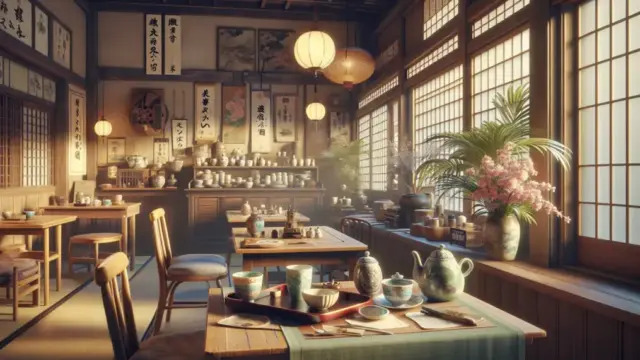


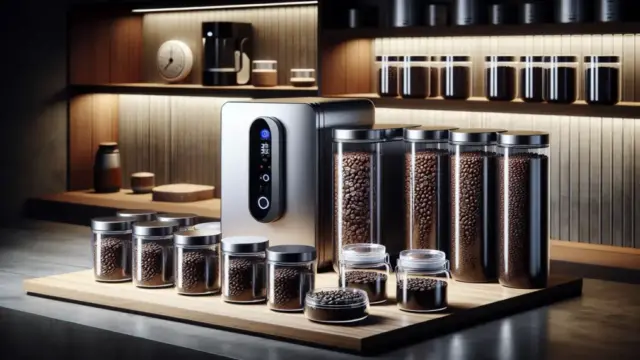










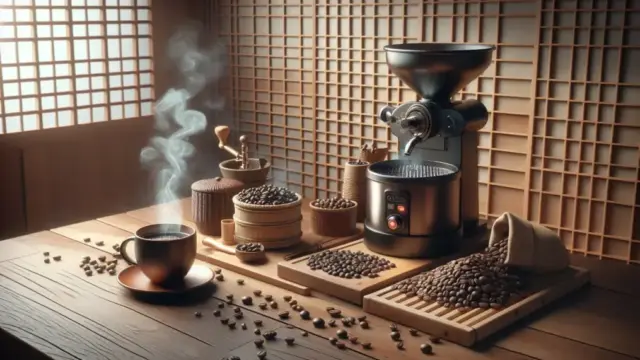


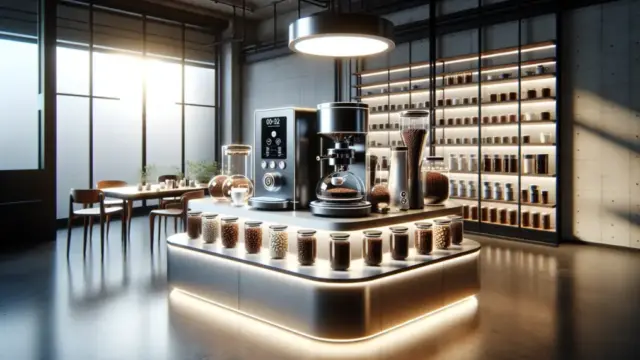


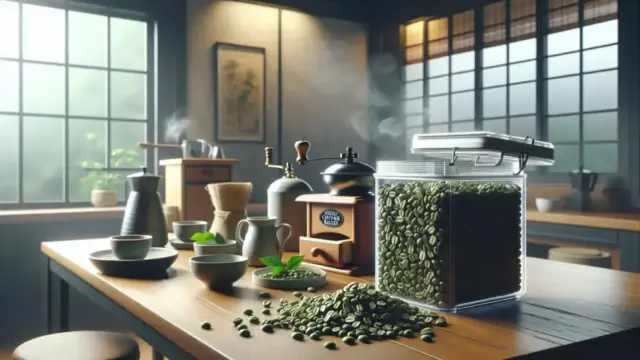

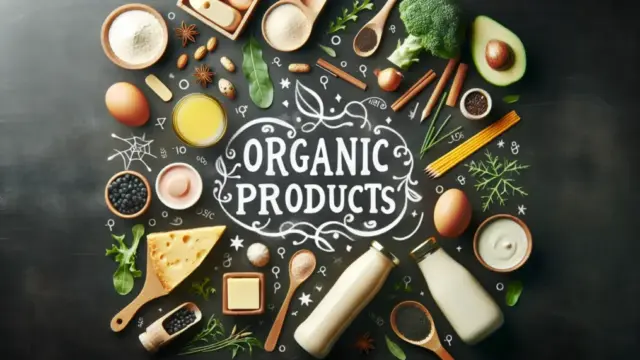


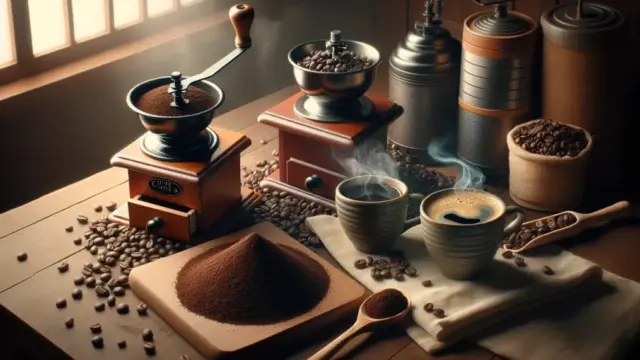


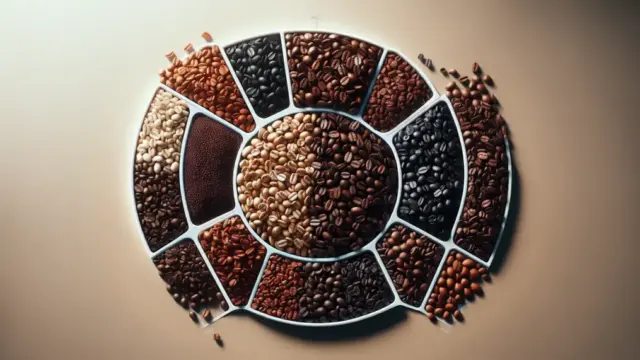
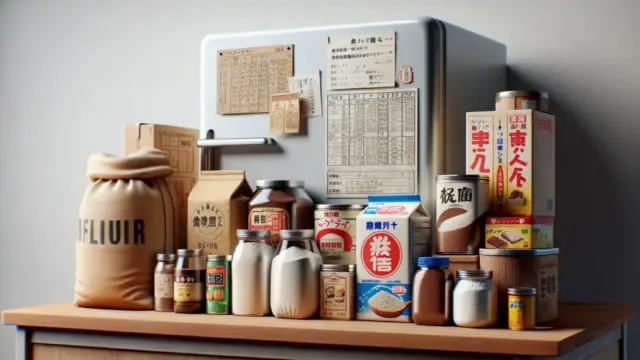


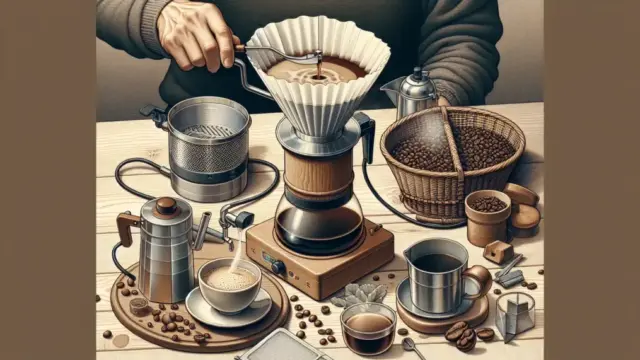


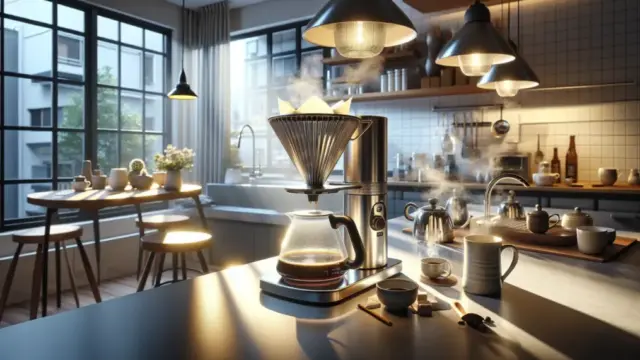

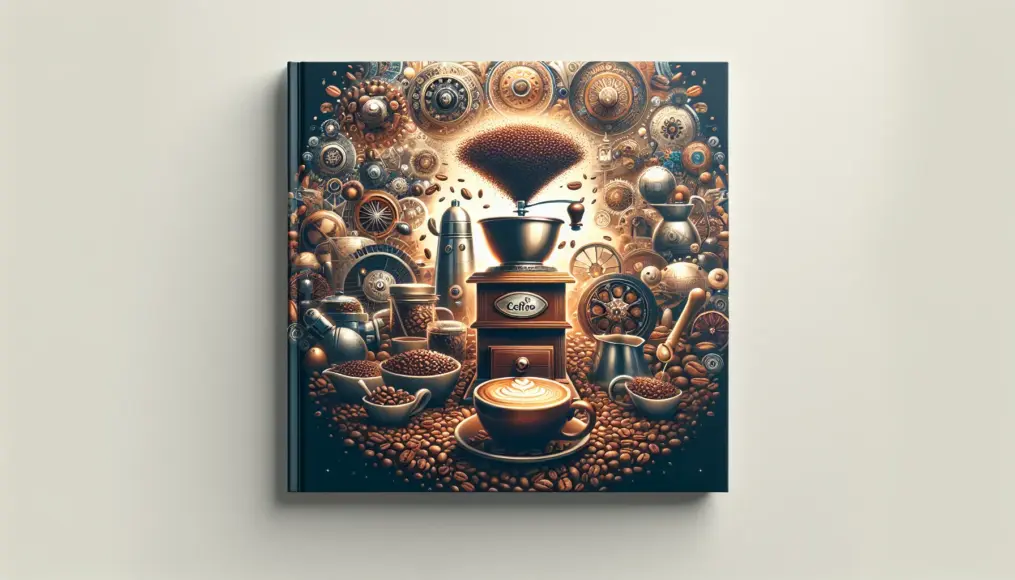
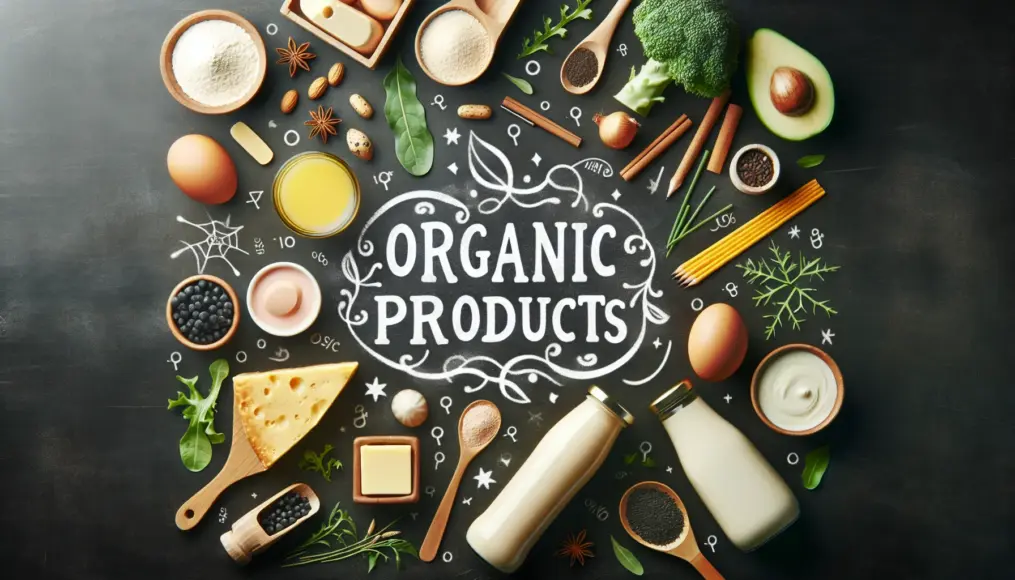
Comment